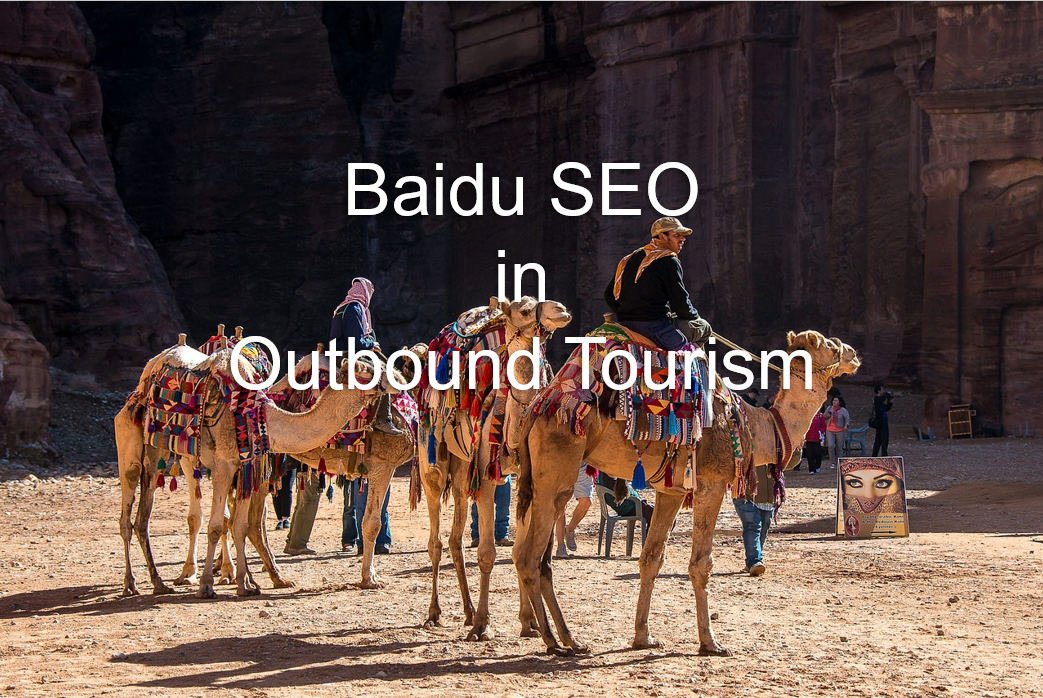Baidu SEO is widely popular in the outbound tourism industry. It involves optimizing a travel website to improve its ranking on Baidu search engine results, thereby attracting more organic traffic. In this article, let’s see how to apply Baidu SEO in outbound tourism industry.
Firstly, Keyword Research and Optimization
Identify Keywords: Conduct thorough keyword research to identify relevant keywords for outbound tourism. This may include destinations, types of tours (e.g., adventure, family, cultural), travel packages, and specific services (e.g., air tickets, hotel bookings).
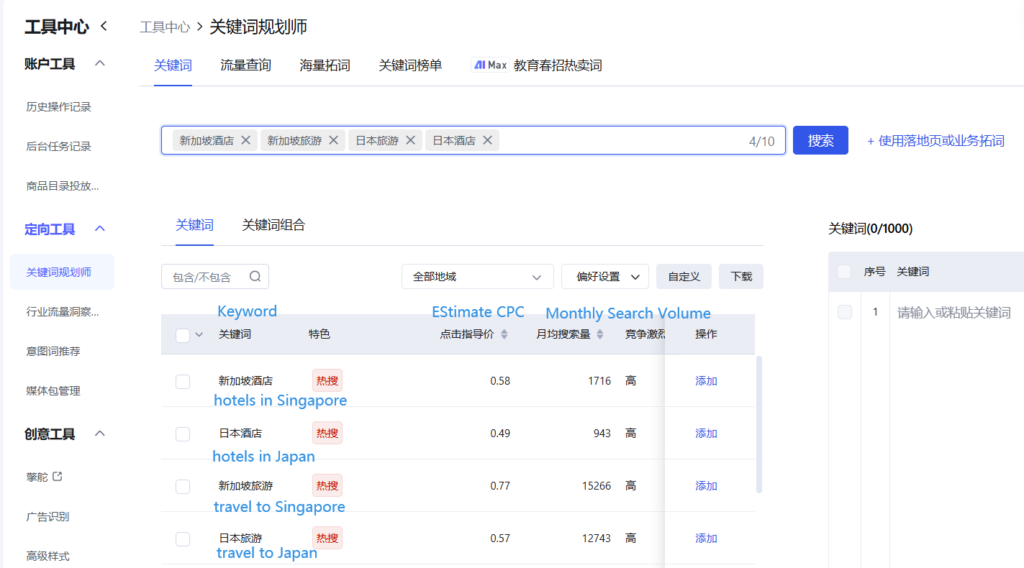
Optimize Content: Use these keywords naturally within the website’s content. This includes titles, meta descriptions, headings, and body text. However, avoid keyword stuffing, ensuring a natural and reasonable keyword density.
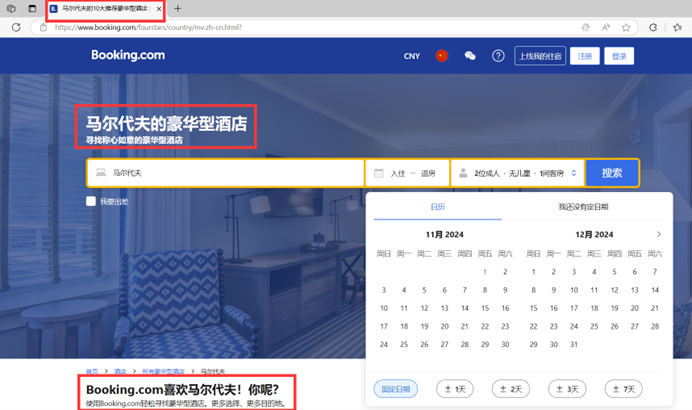
Secondly, High-Quality Content Creation
Unique and Valuable Content: Develop high-quality, unique content that addresses the needs and interests of potential travelers. For example, this could include detailed destination guides, travel tips, itineraries. In addition, always pay attention to user-generated content like traveler reviews and testimonials.
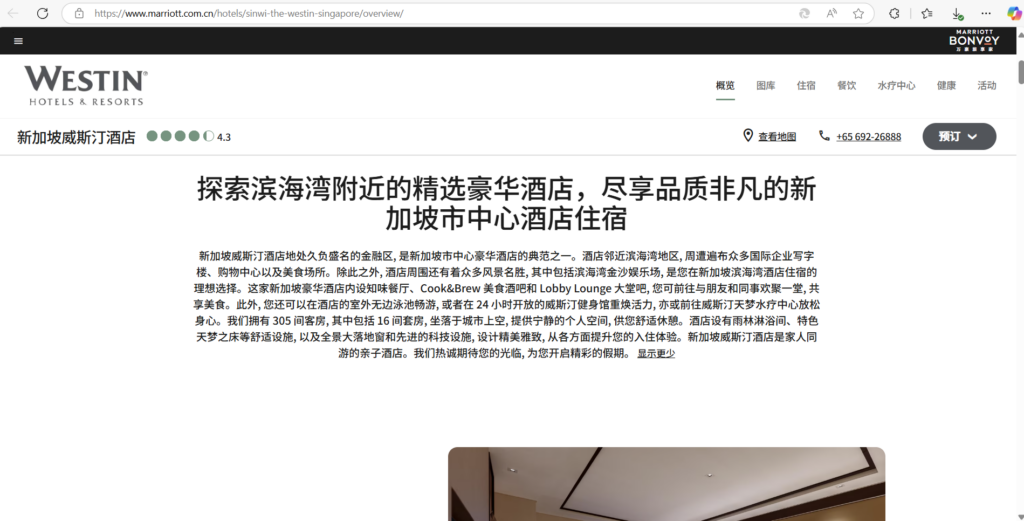
Regular Updates: Keep the content fresh and up-to-date by regularly adding new articles, blog posts, and travel deals. After all, this helps in maintaining the website’s relevance and activity, which is favored by search engines.
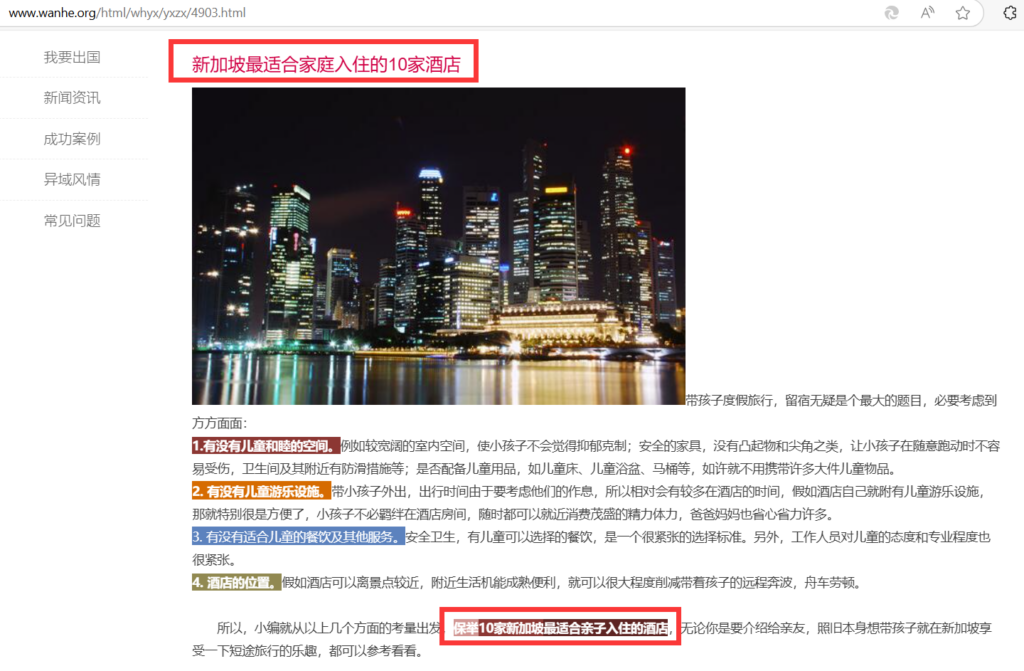
Thirdly, Website Structure and Technical SEO
Clear Navigation: Design a user-friendly website structure with clear navigation and a logical hierarchy. This helps search engine crawlers understand the website’s content better and improves user experience.
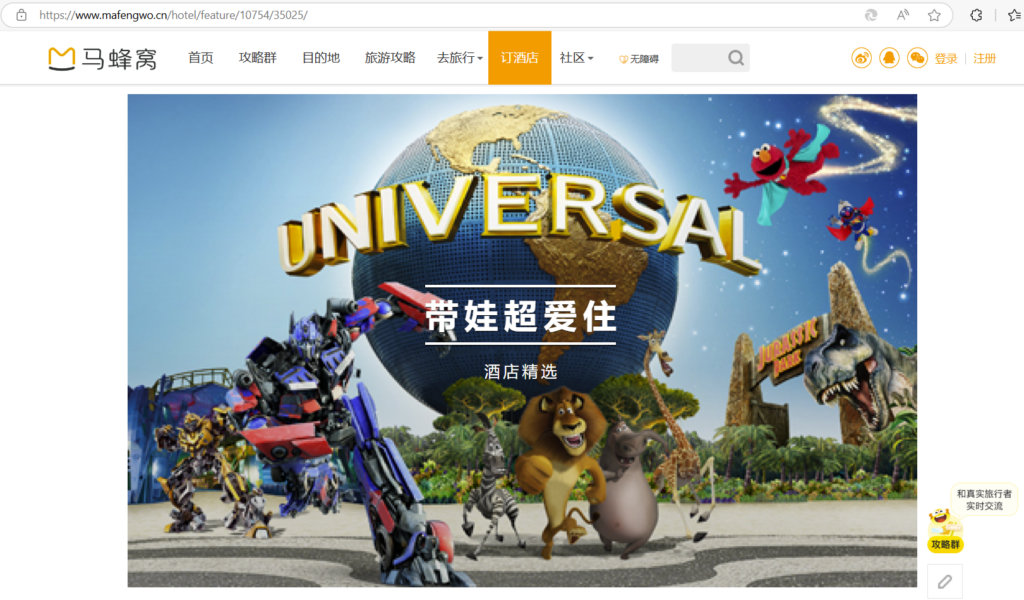
Mobile Optimization: Ensure the website is fully responsive and optimized for mobile devices, as a significant portion of search queries now originate from mobile phones.
Fast Loading Speed: Optimize the website’s loading speed by compressing images, reducing HTTP requests, and using a content delivery network (CDN).
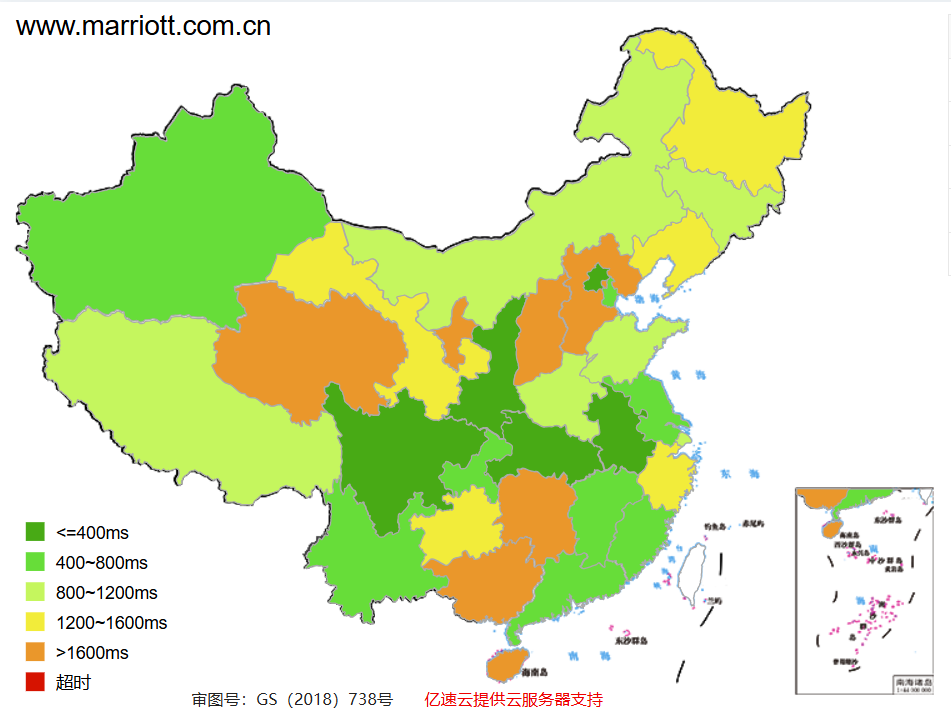
Moreover, External Link Building
High-Quality Links: Acquire external links from authoritative and relevant websites in the travel industry. There are several options. Firstly, guest posting on industry blogs; Secondly, participating in travel forums; Moreover, collaborating with other travel-related websites.
Avoid Spammy Links: Avoid acquiring links from low-quality or spammy websites, as this can negatively impact the website’s SEO.
In addition, Local SEO and Reviews
Local Presence: For outbound tourism, focus on optimizing for specific destinations by including local keywords and information in the website’s content.
Encourage Reviews: Encourage satisfied customers to leave positive reviews on the website and on third-party review platforms. Positive reviews can significantly enhance the website’s credibility and search engine ranking.
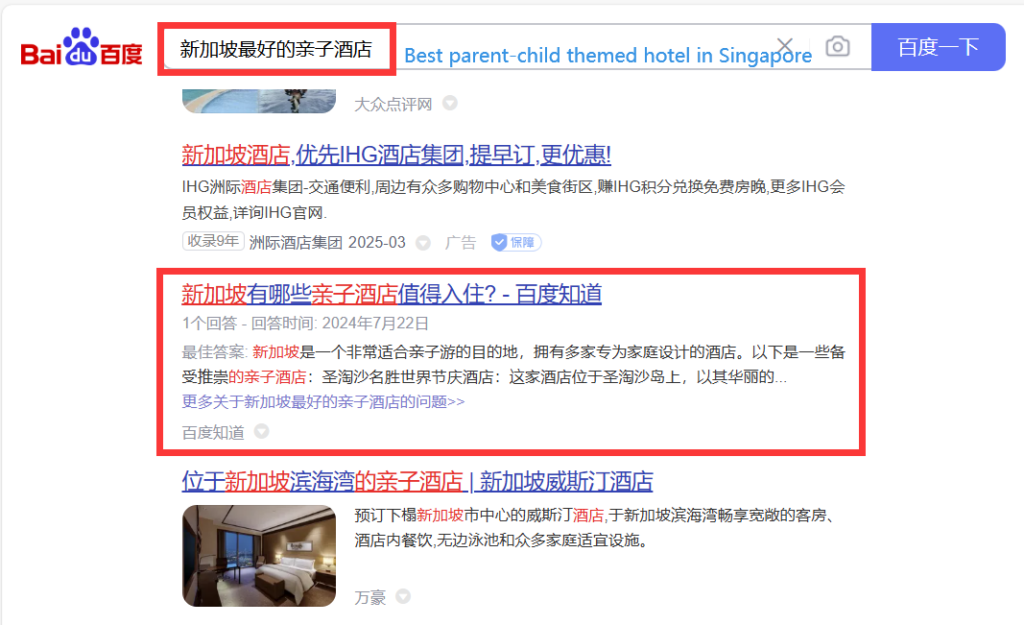
Last but not least, Social Media Integration
Increase Exposure: Integrate social media platforms into the website to increase exposure and drive traffic. Share travel-related content, updates, and promotions on social media channels.
Engage with Audience: Respond to comments and questions on social media to engage with the audience and build a community around the travel brand.
By implementing these Baidu SEO strategies, an outbound tourism agency can improve its website’s ranking on Baidu search engine results, attract more organic traffic, and ultimately increase bookings and revenue. Remember, SEO is a long-term process that requires patience and consistent effort.
If you desire to know more about our Baidu SEO services, please feel free to reach us via service@baiduseopro.com
